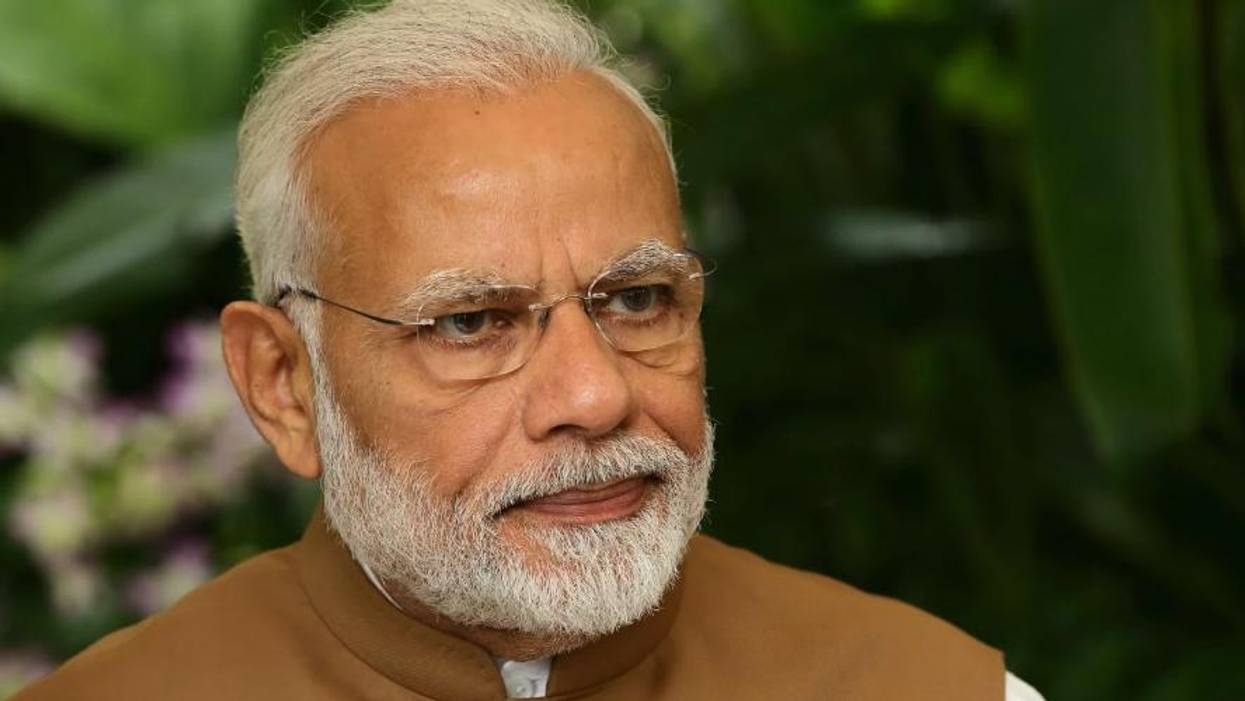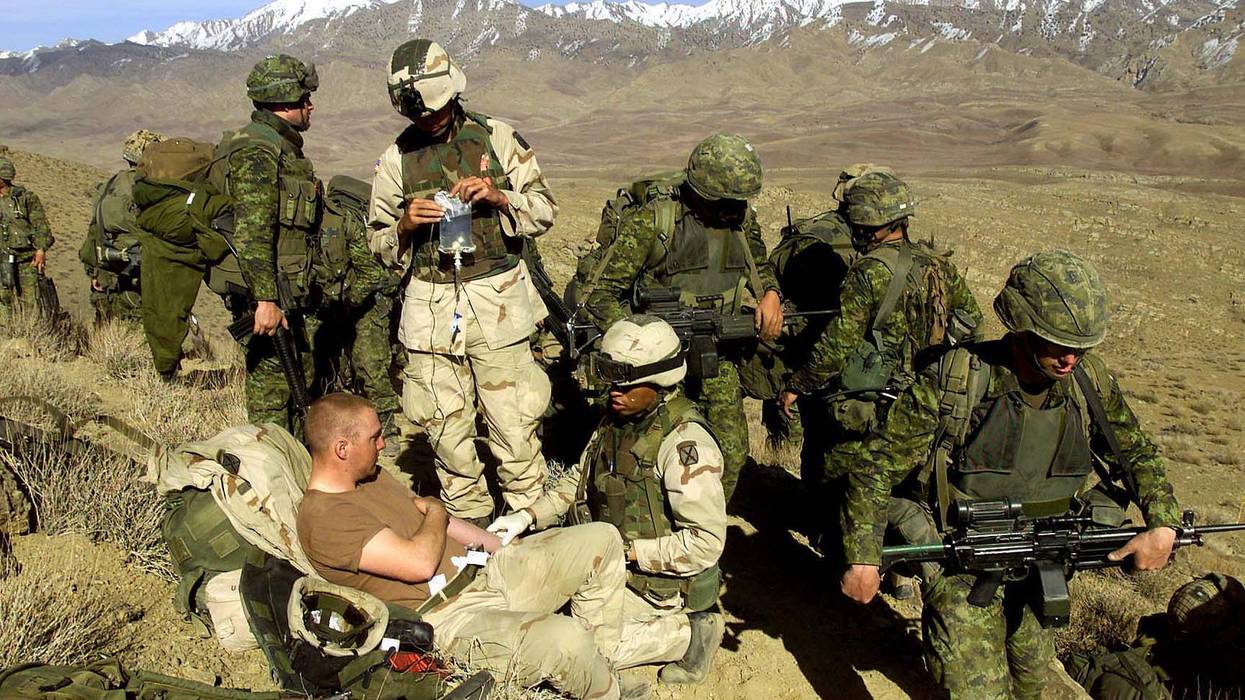Hair-Trigger Nuclear Alert Over Kashmir
India and Pakistan, where people starve in the streets, waste billions on military spending because of the Kashmir dispute. Now some of India’s extreme Hindu nationalists warn they want to reabsorb Pakistan, Bangladesh, and even Sri Lanka into Mother India.
Two of the world's most important powers, India and Pakistan, are locked into an extremely dangerous confrontation over the bitterly disputed Himalayan mountain state of Kashmir. Both are nuclear armed.
Kashmir has been a flashpoint since Imperial Britain divided India in 1947. India and Pakistan have fought numerous wars and conflicts over majority Muslim Kashmir. China controls a big chunk of northern Kashmir known as Aksai Chin.
In 1949, the UN mandated a referendum to determine if Kashmiris wanted to join Pakistan or India. Not surprisingly, India refused to hold the vote. But there are some Kashmiris who want an independent state, though a majority seek to join Pakistan.
India claims that most of northern Pakistan is actually part of Kashmir, which it claims in full. India rules the largest part of Kashmir, formerly a princely state. Pakistan holds a smaller portion, known as Azad Kashmir. In my book on Kashmir, 'War at the Top of the World,' I called it 'the globe's most dangerous conflict.' It remains so today.
I've been under fire twice on the Indo-Pak border in Kashmir, known as the 'Line of Control,' and once at 15,000 feet atop the Siachen Glacier on China's border. India has over 500,000 soldiers and paramilitary police garrisoning its portion of Kashmir, whose 12 million people bitterly oppose often corrupt and brutal Indian rule - except for local minority Hindus and Sikhs who support it. A bloody, bitter uprising has flared on against Indian rule since 1989 in which some 42,000 people, mostly civilians, have died.
About 250,000 Pakistani troops are dug in on the other side of the ceasefire line.
What makes this confrontation so dangerous is that both sides have important tactical and nuclear forces arrayed against one another. These are mostly short/medium-ranged nuclear tipped missiles, and air-delivered nuclear bombs. Strategic nuclear weapons back up these tactical forces. A nuclear exchange, even a limited one, could kill millions, pollute much of Asia's ground water, and spread radioactive dust around the globe - including to North America.
India's new Prime Minister, Narendra Modi, is a Hindu hardliner who is willing to confront Pakistan and India's 200 million Muslims, who make up over 14% of the population. In February, Modi sent warplanes to attack Pakistan after Kashmir insurgents ambushed Indian forces. Pakistan shot down an Indian MiG-21 fighter. China, Pakistan's closest ally, warned India to back off.
Modi is very close to President Donald Trump and Israel's Benjamin Netanyahu, both noted for anti-Muslim sentiments. Modi just revoked article 370 of India's constitution that bars non-Kashmiris from buying land in the mountain state, and shut down its phone and internet systems.
The revocation means that non-Kashmiris can now buy land there. Modi is clearly copying Israel's Netanyahu by encouraging non-Muslims to buy up land and squeeze the local Muslim population. Welcome to the Mideast conflict East. China is also doing similar ethnic inundation in its far western, largely Muslim, Xinjiang (Sinkiang) region.
In an ominous sign, Delhi says it will separate the high altitude Ladakh region (aka 'Little Tibet') from its portion of Kashmir. This move suggests India plans to chop up Indian Kashmir into two or three states, a move sure to further enrage Pakistan and thwart any future peace settlement.
There's little Pakistan can do to block India's actions. India's huge armed forces outnumber those of Pakistan by 4 or 5 to one. Without nuclear weapons, Pakistan would be quickly overrun by Indian forces. Only massive Chinese intervention would save Pakistan.
Meanwhile, Kashmir, the world's longest-running major dispute, continues, threatening a terrible nuclear conflict. Making matters worse, both India and Pakistan's nuclear forces are on a hair-trigger alert, with a warning time of only minutes. This is a region where electronics often become scrambled. A false alert or a flock of birds could trigger a massive nuclear war in South Asia.
India and Pakistan, where people starve in the streets, waste billions on military spending because of the Kashmir dispute. Now some of India's extreme Hindu nationalists warn they want to reabsorb Pakistan, Bangladesh, and even Sri Lanka into Mother India.
Previous Indian leaders have been cautious. But not PM Modi. He is showing signs of power intoxication.


